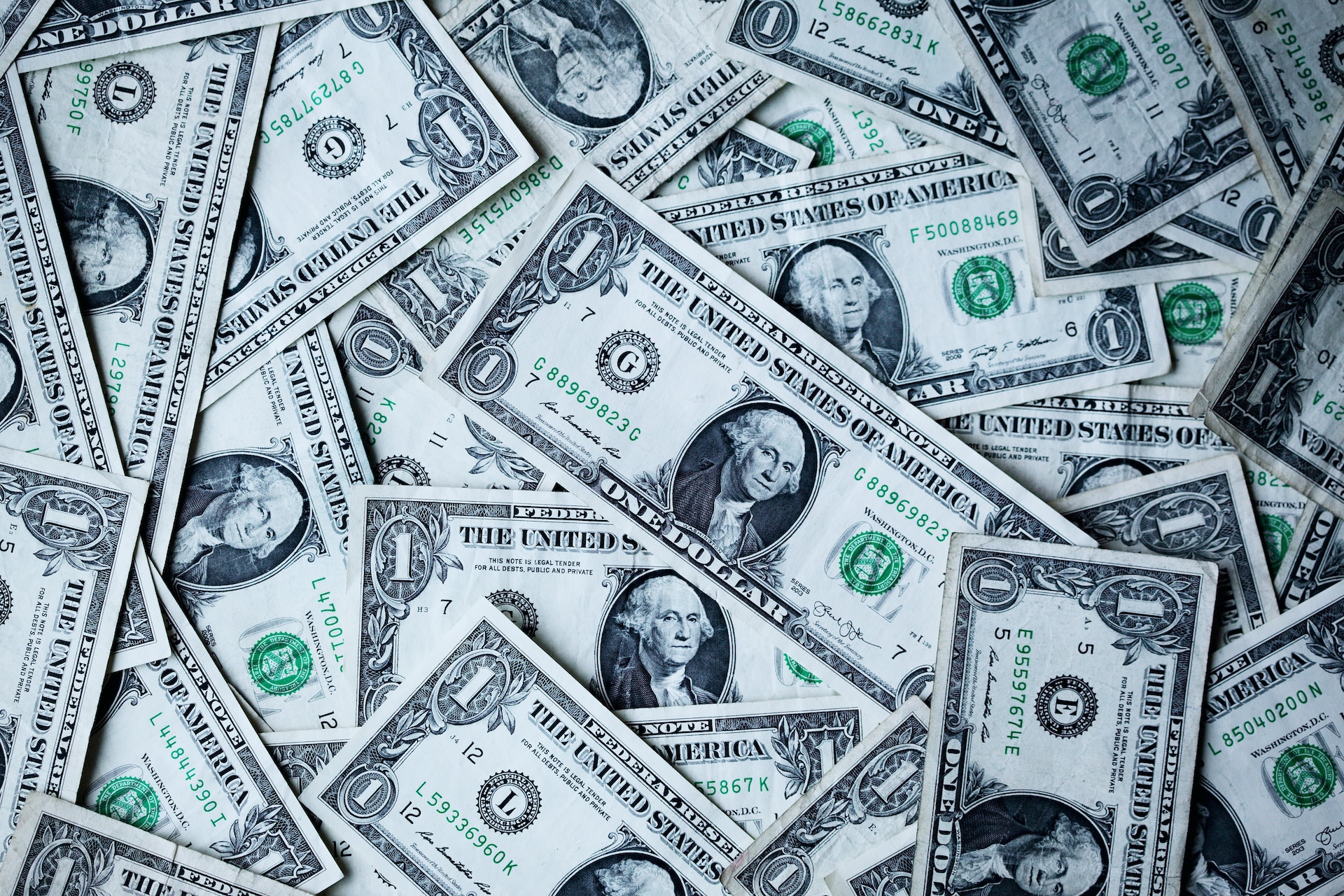In the vast and dynamic landscape of global finance, the foreign exchange (forex) market stands out as one of the most significant arenas where various factors converge to shape trading patterns and outcomes. Among these influential factors, the landscape of American politics holds a prominent position. The policies, decisions, and political stability in the United States can have profound implications for currency valuations and market sentiments worldwide. This article delves into the intricate relationship between American politics and the forex market, exploring how political events and decisions can sway currency movements and shape investor confidence.
Understanding the Forex

Market Before delving into the influence of American politics, it’s crucial to grasp the fundamentals of the forex market. Unlike stock markets, where investors trade shares of companies, the forex market involves the buying and selling of currencies. It operates 24 hours a day, five days a week, across different time zones, making it the most liquid and accessible financial market globally. Trillions of dollars are exchanged daily, driven by various participants, including governments, central banks, financial institutions, corporations, and individual traders.
Factors Influencing Forex Markets
Several factors influence currency movements in the forex market, including economic indicators, geopolitical events, central bank policies, and investor sentiment. Among these factors, political developments play a significant role, particularly in countries with a strong global economic presence like the United States. Political stability, government policies, trade agreements, geopolitical tensions, and leadership changes can all impact currency valuations and market dynamics.
The Influence of American Politics The United States, as the world’s largest economy and a key player in international affairs, wields considerable influence over global financial markets, including the forex market. Political events and decisions in the U.S. can send ripples across the forex landscape, affecting currency pairs involving the U.S. dollar (USD) and other major currencies. Here are some ways American politics can influence forex markets:
- Monetary Policy Decisions: The Federal Reserve, the central bank of the United States, plays a crucial role in shaping monetary policy, including interest rates and money supply. Decisions made by the Fed’s policymakers, particularly regarding interest rate hikes or cuts, can significantly impact the value of the U.S. dollar and influence trading strategies in the forex market.
- Fiscal Policies and Government Spending: Government fiscal policies, such as tax reforms, stimulus packages, and budget allocations, can impact economic growth, inflation, and investor confidence. Political debates and decisions related to fiscal matters can influence currency valuations and market expectations, leading to volatility in forex trading.
- Trade Policies and International Relations: The U.S. government’s trade policies and diplomatic relations with other countries can affect global trade flows, economic partnerships, and currency markets. Trade tensions, tariffs, and trade agreements negotiated by U.S. policymakers can impact the value of the U.S. dollar and influence trading sentiment in forex markets worldwide.
- Political Stability and Market Confidence: Political stability is a crucial factor for investor confidence and market stability. Uncertainty, political unrest, or leadership changes in the United States can lead to market volatility and risk aversion, affecting currency valuations and trading volumes in the forex market.
Case Studies and Analysis To illustrate the influence of American politics on the forex market, let’s consider two case studies:
Case Study 1:
U.S. Presidential Election During a presidential election year in the United States, the forex market often experiences heightened volatility and uncertainty as investors assess the potential impact of different candidates’ policies on the economy and financial markets. Campaign promises, debates, and election outcomes can influence currency valuations and trading strategies.
Case Study 2:
Federal Reserve Interest Rate Decisions When the Federal Reserve announces changes to its benchmark interest rates, forex traders closely analyze the implications for the U.S. dollar and other currencies. A rate hike typically strengthens the dollar as it attracts foreign capital seeking higher returns, while a rate cut can weaken the dollar as it makes U.S. assets less attractive.
Comparative Analysis Table
| Factor | Influence on Forex Market |
|---|---|
| Monetary Policy Decisions | Interest rate hikes/cuts affect USD valuation and trading strategies |
| Fiscal Policies | Tax reforms, stimulus packages impact economic growth and confidence |
| Trade Policies | Trade tensions, tariffs influence global trade flows and currency values |
| Political Stability | Stability boosts confidence, while uncertainty leads to volatility |
Conclusion
American politics exert a significant influence on the forex market, shaping currency valuations, trading sentiments, and market dynamics. From monetary policy decisions to trade policies and political stability, various factors related to U.S. politics can impact currency movements worldwide. Forex traders and investors need to stay abreast of political developments in the United States to make informed decisions and navigate the complexities of the global currency markets effectively. Understanding the interplay between American politics and the forex market is crucial for achieving success in currency trading and risk management strategies.










